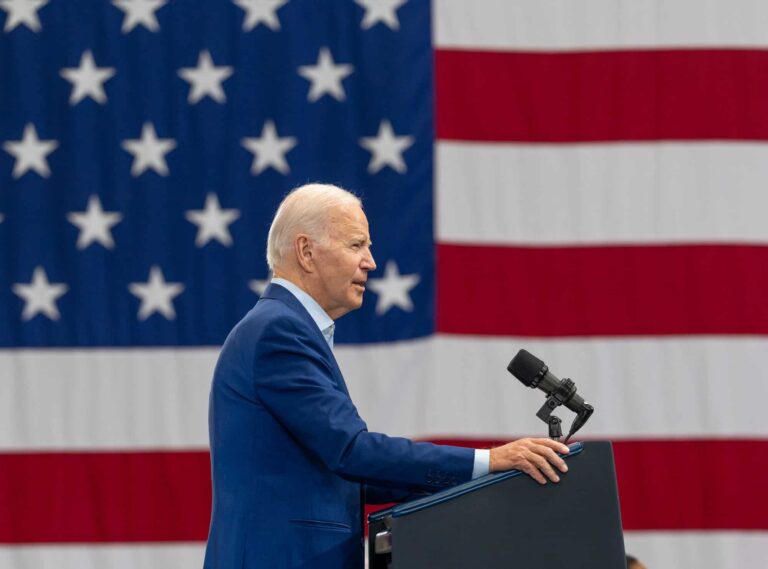In New Delhi, India, everything is ready for the G20, which takes place on September 9 and 10. The various world leaders are arriving in these hours. Starting with Joe Biden, whose Air Force One left Maryland yesterday, with a stop at the U.S. base in Ramstein, Germany.
The U.S. president, in the Indian capital, will have a bilateral with Prime Minister Narendra Modi before the start of the summit.
Table of Contents
Xi and Putin absent
Last-minute defection is that of Spanish Premier Pedro Sanchez, who tested positive for Covid. But weighing most heavily will be the absences of Putin and Xi Jinping.
The Russian leader, wanted on an International Criminal Court arrest warrant, sends Foreign Minister Sergei Lavrov after also defecting from the previous summit in Bali.
The Chinese president, on the other hand, without any official explanation, skips a G20 for the first time since he became president of the People’s Republic of China in 2013 by sending his loyal Premier Li Qiang.
“I am disappointed by his absence,” confided Biden. Who, despite Cold War tensions is trying to maintain a dialogue with Beijing. And hopes to see Xi at the mid-November Apec summit in San Francisco.
Biden’s plan
But in New Delhi, the U.S. president is determined to use these two weighty absences to strengthen U.S. influence. Especially, toward the global South, by confirming the central role of the G20 against the Sino-Russian attempt to counter it with the expanded Brics format.
And demonstrating, as the U.S. economy outperforms China’s, that Washington is a better partner than Moscow and Beijing on major transnational issues.
On Russia’s war in Ukraine, the commander in chief aims to keep attention high. Particularly, highlighting the negative effects after Moscow’s exit from the grain deal, especially for poorer countries.
Such as those represented by the African Union, now projected toward permanent membership in the G20. And it is to the Global South that Biden addresses perhaps the most anticipated move. Namely, the reform of the World Bank and the International Monetary Fund.
Meanwhile, the president puts an additional $3.3 billion on the table for both institutions that would help reach nearly $50 billion from the United States alone in loans to middle-income and poor countries and up to $200 billion worldwide.
Biden’s main bilaterals
For now, Biden has only one confirmed bilateral, that with the host, Indian Prime Minister Narendra Modi, with whom he has strengthened relations to reinforce a strategic alliance in the Indo-Pacific against common rival China.
But a face-to-face meeting also with Saudi Crown Prince Mohammed bin Salman to advance a historic peace agreement between Saudi Arabia and Israel in exchange for a commitment to defend Riyadh and allow it to enrich uranium for civilian purposes is not ruled out. Biden will conclude his tour Sunday with his first visit to Vietnam.
The main themes at the G20
Climate, energy, food security, women’s empowerment, health, artificial intelligence, digitization, among the topics on the agenda.
In addition, the migration issue (with a commitment to address it also under Brazil’s presidency in 2024) and the central issue of the conflict in Ukraine.
Read also: G20, what is it and what is its relevance: a comprehensive overview












